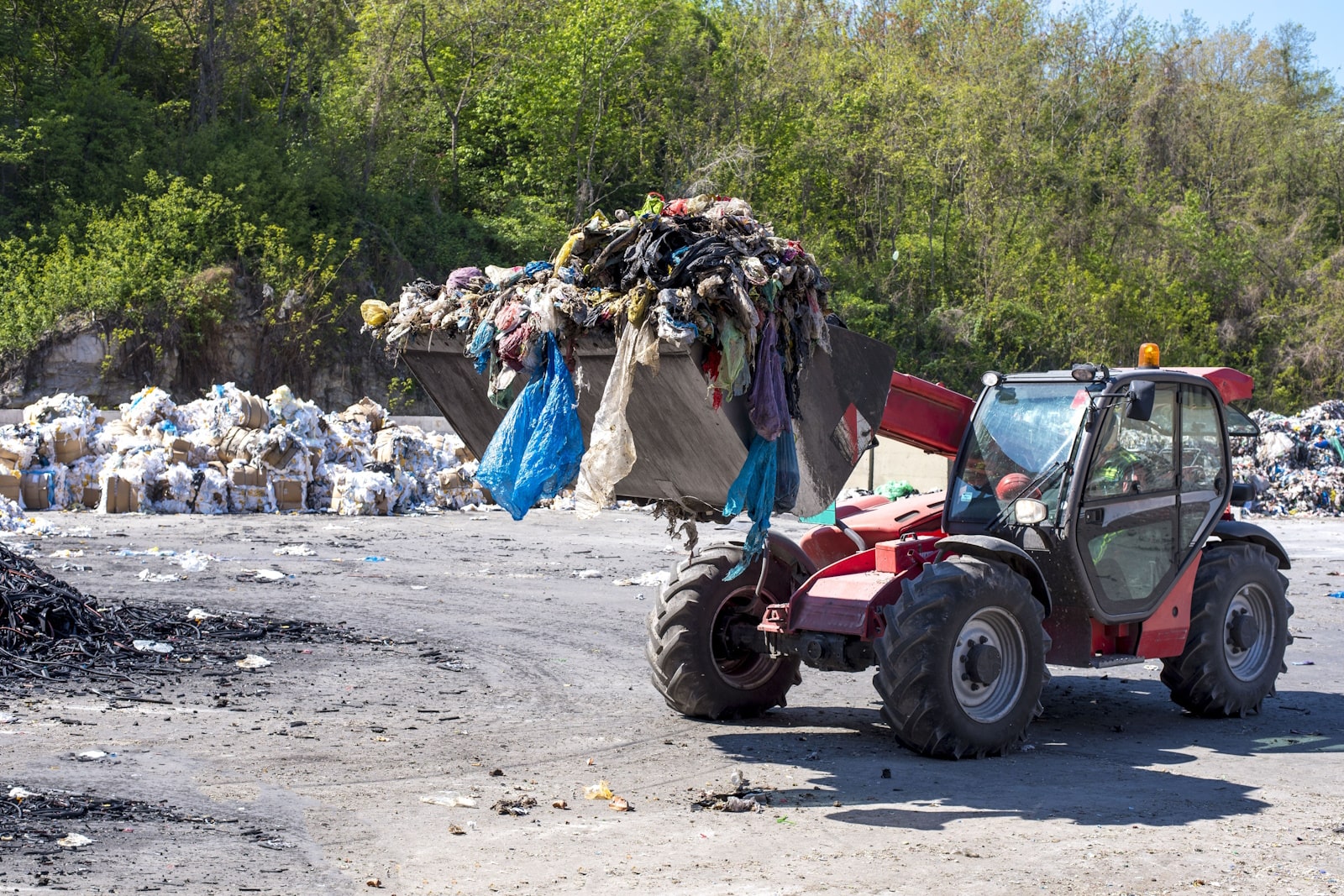Medical Waste Company Aiding Rural Clinics
Each medical waste company knows how crucial proper management is for safeguarding both public health and the environment. However, rural clinics in South Africa often face significant challenges in managing their medical waste due to limited infrastructure and resources. Decentralised Medical Waste Treatment Units (DMWTUs) offer an innovative solution by enabling waste processing closer to the point of generation. This blog explores how these units can revolutionise rural healthcare waste management, focusing on operational strategies, regulatory insights, and their environmental and health benefits.
Operational Strategies for Effective Implementation
1. Establishing Hub-and-Spoke Models for Medical Waste Collection
A hub-and-spoke model involves creating central treatment hubs that service surrounding rural clinics. This approach optimises resource allocation and reduces transportation distances, helping the medical waste company make waste management more efficient. Clinics can store segregated waste securely before it is transported to a central hub for treatment. By reducing the logistical complexities, rural healthcare providers can better manage their waste streams.
2. Training Healthcare Workers in Waste Segregation and Treatment
Proper waste segregation at the source is critical for effective treatment and disposal. Training healthcare workers on identifying and sorting infectious, hazardous, and general waste is essential. Comprehensive training programmes tailored for rural clinics can enhance compliance with best practices and reduce the risks associated with improper waste handling.
3. Best Practices for Waste Storage and Management Before Treatment
Rural clinics should implement secure storage systems for medical waste to prevent contamination and exposure. Key best practices include:
- Using clearly labelled containers for different types of waste.
- Ensuring storage areas are well-ventilated and secured.
- Regular monitoring and maintenance of storage facilities to prevent leaks or pest infestations. By adopting these measures, clinics can maintain safe and compliant waste management practices.
Policy and Regulatory Insights
Navigating Regulatory Barriers
South Africa’s waste management regulations are governed by the National Environmental Management: Waste Act (NEMWA). Compliance with these regulations can be challenging for rural clinics due to limited access to licensed disposal facilities. Decentralised treatment units can help clinics meet legal requirements by reducing the need for long-distance waste transport.
Recommendations for Government Support
To encourage the adoption of DMWTUs, the government should:
- Provide financial incentives and grants for the establishment of decentralised treatment facilities.
- Simplify licensing processes for rural healthcare providers.
- Develop public-private partnerships to support waste treatment infrastructure. By fostering a supportive policy environment, rural clinics can more easily adopt sustainable waste management practices.
Environmental and Health Impacts
Reducing Carbon Footprints
Decentralised treatment methods significantly reduce the need for long-distance transportation of medical waste, thereby lowering carbon emissions. Eco-friendly technologies, such as autoclaving and microwave treatment, can further minimise environmental impact.
Health Risks of Improper Waste Disposal
Improper disposal of medical waste poses severe health risks, including the spread of infectious diseases. Rural communities are particularly vulnerable due to limited healthcare resources. Decentralised medical waste treatment units provided by a reliable medical waste company help mitigate these risks by enabling immediate and safe waste treatment.
Addressing Water Pollution from Medical Waste Leachate
Medical waste leachate can contaminate water sources, leading to environmental degradation and health issues. Decentralised treatment units, when properly managed, prevent leachate formation and migration, safeguarding local water resources.
Success Stories and Innovations
In various regions, decentralised treatment units have demonstrated their effectiveness in improving waste management. In South Africa, a medical waste company like A-Thermal are leading the way by providing advanced waste treatment solutions tailored for rural clinics. Their commitment to innovation and compliance ensures that medical waste is handled responsibly and sustainably.
Challenges and Solutions
Despite their benefits, DMWTUs face challenges such as initial setup costs and technical expertise requirements. However, these obstacles can be overcome through:
- Investment in training programmes for healthcare workers.
- Government incentives and subsidies.
- Partnerships with experienced waste management providers like A-Thermal.
Future Directions
As technology advances, DMWTUs will become more accessible and efficient. Innovations in renewable energy integration and smart monitoring systems will further enhance their effectiveness. By continuing to invest in decentralised solutions, South Africa can improve healthcare waste management and protect both public health and the environment.
Conclusion
Decentralised Medical Waste Treatment Units are a game-changer for rural healthcare facilities in South Africa. By adopting these solutions, clinics can improve waste management practices, comply with regulatory requirements, and minimise environmental and health risks. At A-Thermal, we are committed to supporting healthcare providers in implementing effective waste management strategies. Contact us to learn how we can help your facility adopt sustainable and compliant medical waste solutions.







